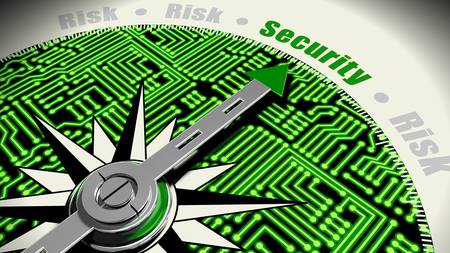
Norton research shows 10% increase in attacks
Norton by Symantec releases findings from its annual Norton Cyber Security Insights report, which looks at the global landscape of cyber threats and how they are affecting users. The report points out that there was a 10% increase in the number of cyber attacks compared to 2015. In Brazil alone, 42.4 million people were affected and had a loss of 10.3 billion dollars in total.
In addition, the research also concludes that user carelessness with their own security is increasing, directly affecting device infections through phishing, intrusion of IoT devices and Wi-Fi networks, in addition to the lack of care with children on the internet.
overconfidence
• 1 in 5 users of connected devices do not have any protection measures on them;
• Nearly half (44%) of surveyed users do not believe that the number of connected device users is enough to attract hackers' attention. However, just as criminals have learned to benefit from social engineering and internet banking, they already know that hacking into connected devices can be profitable;
• 62% consumers believe connected devices are already designed with virtual security. The researchers identified security holes in 50 different devices, from thermostats to power management devices and even security cameras.
Consumers admit risks are real
• Half of consumers said that in the last five years, it's become more difficult to stay safe online than in the real world;
• 6 in 10 respondents believe that providing financial data on the internet when connected to public Wi-Fi is riskier than reading your card number in a public setting.
• Nearly half (48%) of parents believe their children are more likely to be bullied online than in a physical park. Only 23% of parents had this same opinion in 2015.
Consumers are still negligent
• More than 1 in 3 consumers never use a Virtual Private Network (VPN) when connecting to a Wi-Fi network;
• Consumers are still clicking links from senders they don't know or opening suspicious attachments. Nearly 3 out of 10 people fail to detect a phishing attack.
"Our findings show that people are increasingly aware of the need to protect their personal information online, but are not motivated to take adequate precautions to stay safe," said Fran Rosch, Norton's executive vice president. "While consumers remain complacent, hackers are improving their skills and adapting their scams to take advantage of every loophole, making it increasingly important for consumers to take protective measures."
To learn more about the impact of cybercrime and how consumers can protect their data, access the search.












